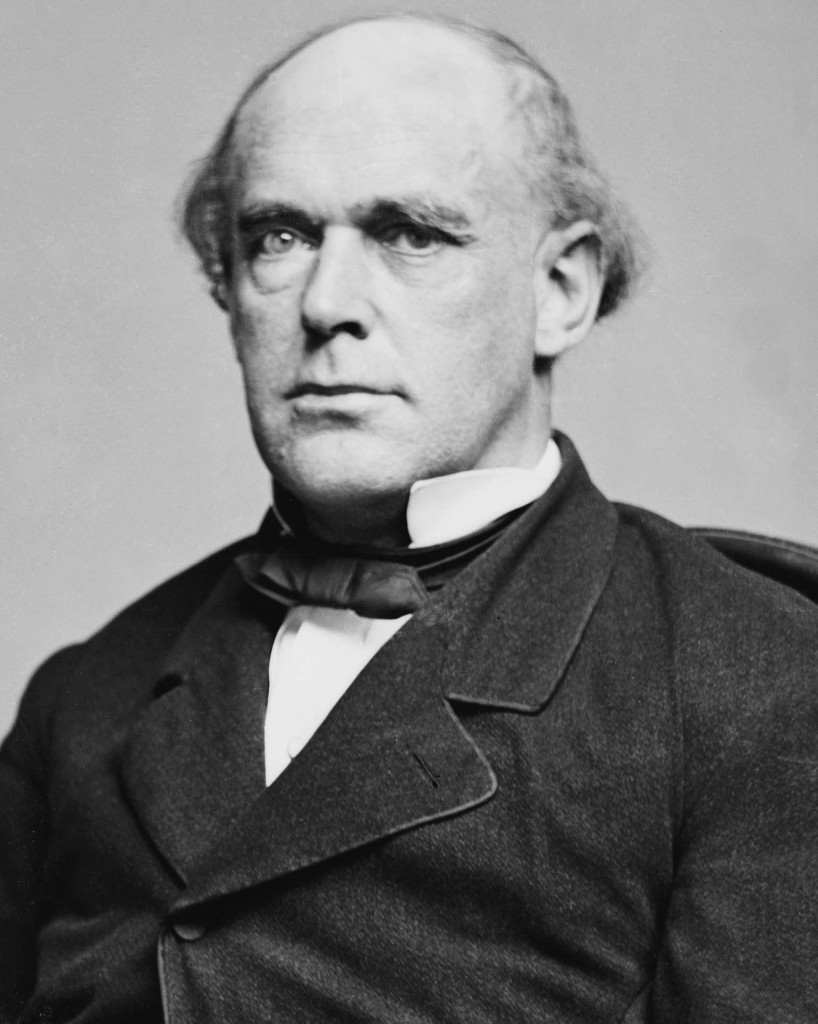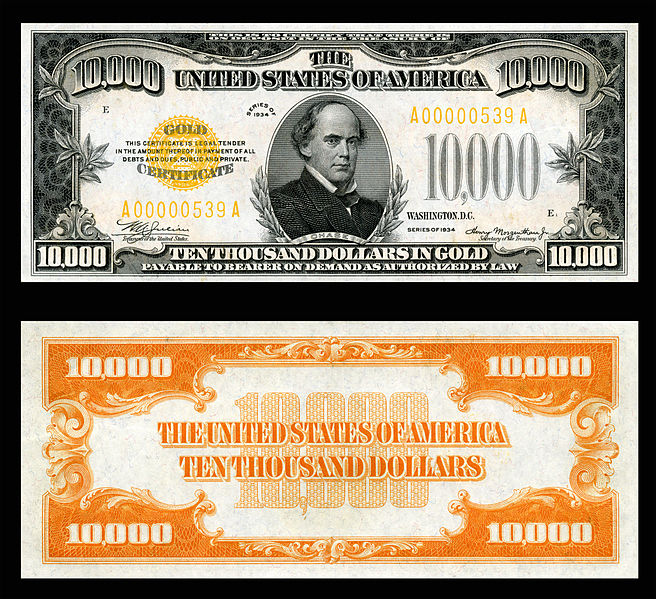Ex Parte Milligen (1866) resolved the question of whether the United States could try citizens in military tribunals even though civilian courts were still operation. The defendant in the case was one Lambdin Milligan, who was accused of attempting to invade Union prisoner of war camps to recruit soldiers to fight against the United States, and topple state governments in Indiana, Ohio, and Michigan.
This is the 12-member military commission that presided over Milligan’s treason trial.
Milligan was represented by a legal dream team before the Supreme Court, including future President James A. Garfield, future Governor of Indiana Albert G. Porter, Mr. codification himself David Dudly Field, and future Attorney General and Secretary of State Jeremiah S. Black. Arguing on behalf of the United States was Benjamin F. Butler, who would go on to serve as Governor of Massachusetts.
The majority opinion in Milligan was authored by Chief Justice Salmon P. Chase, appointed by Lincoln, and formerly a Senator and Governor from Ohio, as well as Secretary of the Treasury.
He is the only Justice to appear on a piece of currency–the $10,000 bill!
And note back then it said “Ten Thousand Dollars in Gold. All currency could be transferred gold. But then FDR decided to single-handled change that policy, amount to a massive taking, but the Supreme Court upheld it in the Gold Clause cases because FDR wouldn’t listen.



